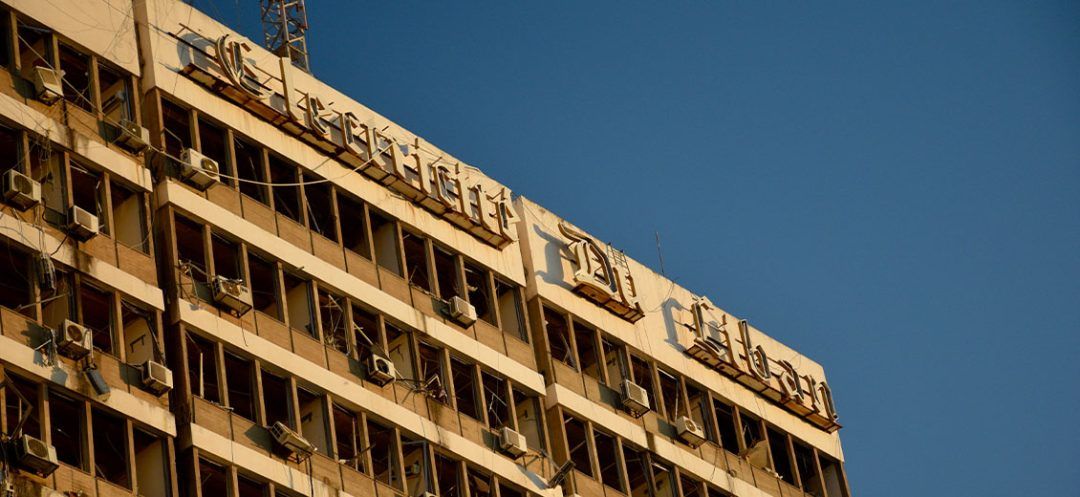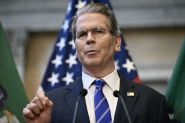
The claims made by caretaker Prime Minister Najib Mikati during his recent visit to Iraq—that Iraqi fuel would easily resume its flow to Lebanon's power plants—do not match the current reality in the electricity sector. The power plants in Deir Ammar and Zahrani have ceased production, and it has become clear that the Iraqis remain dissatisfied with the Lebanese authorities, as they have not transferred the funds owed from the extension of the Iraqi oil purchase and exchange agreement, which has exceeded $200 million. Additionally, the platform tasked to IDAL to provide Iraq with Lebanese goods and services in exchange for fuel has not yet been launched.
This situation has led to the recent crisis. All proposed solutions to prevent the complete blackout, which particularly affects vital facilities such as the airport and water pumps, were dismissed in the Cabinet. One such solution was the procurement of a ship loaded with 30,000 tons of gas oil through a spot cargo tender. Ironically, Prime Minister Mikati, who was at the forefront of opposing this measure due to suspicions of corruption, later strongly advocated for it during the current crisis and managed to impose his opinion within the Board of Directors of Électricité du Liban (EDL). The chairman of the board, Kamal Hayek, had requested a written letter from Mikati approving the procurement of this ship, considering that Mikati had vehemently opposed this tender in the Cabinet, and his stance was well-documented. Therefore, EDL could not proceed contrary to what was stated in the Cabinet without written authorization, especially since it would pay for the ship's cargo from its own cash reserves.
EDL had repeatedly warned, through numerous letters and communications sent to the Prime Minister’s office and the Ministry of Energy, that the power plants might shut down if fuel supplies were not secured in time. Reports indicate that these officials only realized the gravity of the situation on the eve of Kamal Hayek's vacation, which he had obtained through proper procedures and informed the Prime Minister about, appointing Director Ibrahim Moussa to act in his place. The Board of Directors could have convened at the invitation of the oldest member, Samer Salim. However, political infighting within the board prevented the meeting, with reports suggesting that Karim Saba, who is affiliated with the Free Patriotic Movement, obstructed the meeting in question, while other reports indicated that his refusal was due to him not being invited to attend.
Kamal Hayek's referral to the inspection committee has further complicated the electricity issue, intensifying the blame and accusations of negligence between political parties, particularly as the FPM, which has monopolized the Ministry of Energy, bears the brunt of the responsibility for the collapse of this sector. The struggle for control over the Ministry of Energy and the electricity file seems poised to escalate, as raising tariffs and increasing collections have brought in more than $100 million for EDL so far. There are expectations that these figures will rise significantly with increased electricity supply hours, which has piqued the interest of political parties seeking to capture these funds for personal and political gain.
In this context, some parties are trying to exploit Algeria's recent gesture of providing Lebanon with fuel for EDL by pressuring the company to drop the lawsuit against Sonatrach over the fraudulent fuel scandal. This would pave the way for a new fuel purchase agreement with Algeria, allowing favored companies to benefit from the fresh dollars flowing into EDL, potentially the same parties who profit from the lack of electricity in favor of neighborhood generators and diesel fuel, whose annual costs exceed $2 billion.
Read more



Comments